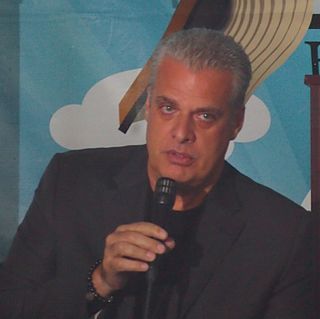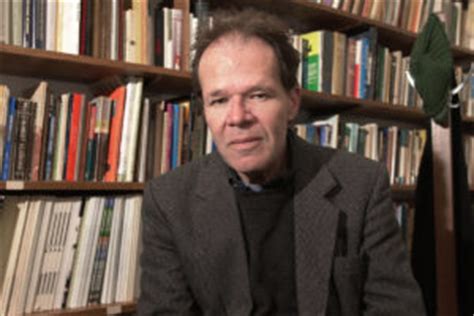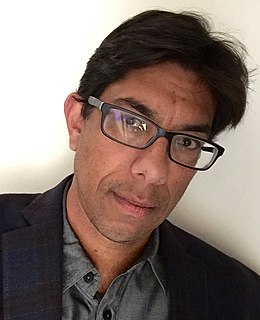A Quote by Andrew Sean Greer
I have to get three pages done every day, and there's usually a point about 150 pages in where everything falls apart, where all the plans are for naught. The book has become something else, and I have a nervous breakdown, and then I submit to what the book has become, and I keep going, and that's a terrible and then a great time.
Related Quotes
I had tried writing novels for many years, and they always escaped me. For a long time, I thought, 'It's just not in me to write a novel. It's not something I'm able to do.' It seemed like everything I wrote naturally ended at the bottom of page three. A picture book, three pages; an essay, three pages.
I'm so used to artists saying to me, "Listen, I'm going to have five pages done next week," and then three weeks later I'm phoning them, begging them for two pages. And Stuart [Immonen]is a guy who will promise you five pages and deliver six pages, and the six pages are even better than you could have ever imagined.
I try to write every day. I don't beat myself up about word counts, or how many hours are ticking by on the clock before I'm allowed to go and do something else. I just try to keep a hand in and work every single day, even if there are other demands or I'm on a book tour or have the flu or something, because then I keep my unconscious engaged with the book. Then I'm always a little bit writing, no matter what else I'm doing.
I used to comfort myself with the idea of a book with serrated, detachable pages, so that you could read the thing the way it came and then shuffle the pages, like a giant deck of cards, and read the book in an entirely different order. It would be a different book, wouldn't it? It would be one of infinite books.
I might spend 100 pages trying to get to know the world I'm writing about: its contours, who are my main characters, what are their relationships to each other, and just trying to get a sense of what and who this book is about. Usually around that point of 100 pages, I start to feel like I'm lost, I have too much material, it's time to start making some choices. It's typically at that point that I sit down and try to make a formal outline and winnow out what's not working and what I'm most interested in, where the story seems to be going.
At a certain point in the writing of any book, you become absolutely certain that it's terrible and is only getting more terrible with every word you write. This is normal. You just have to keep going, push your way through, and have faith that, through practice and experience and determination, you will get to the end.
If you're 50 years old or younger, give every book about 50 pages before you decide to commit yourself to reading it, or give it up. If you're over 50, which is when time gets shorter, subtract your age from 100 - the result is the number of pages you should read before deciding whether or not to quit. If you're 100 or over you get to judge the book by its cover, despite the dangers in doing so.







































